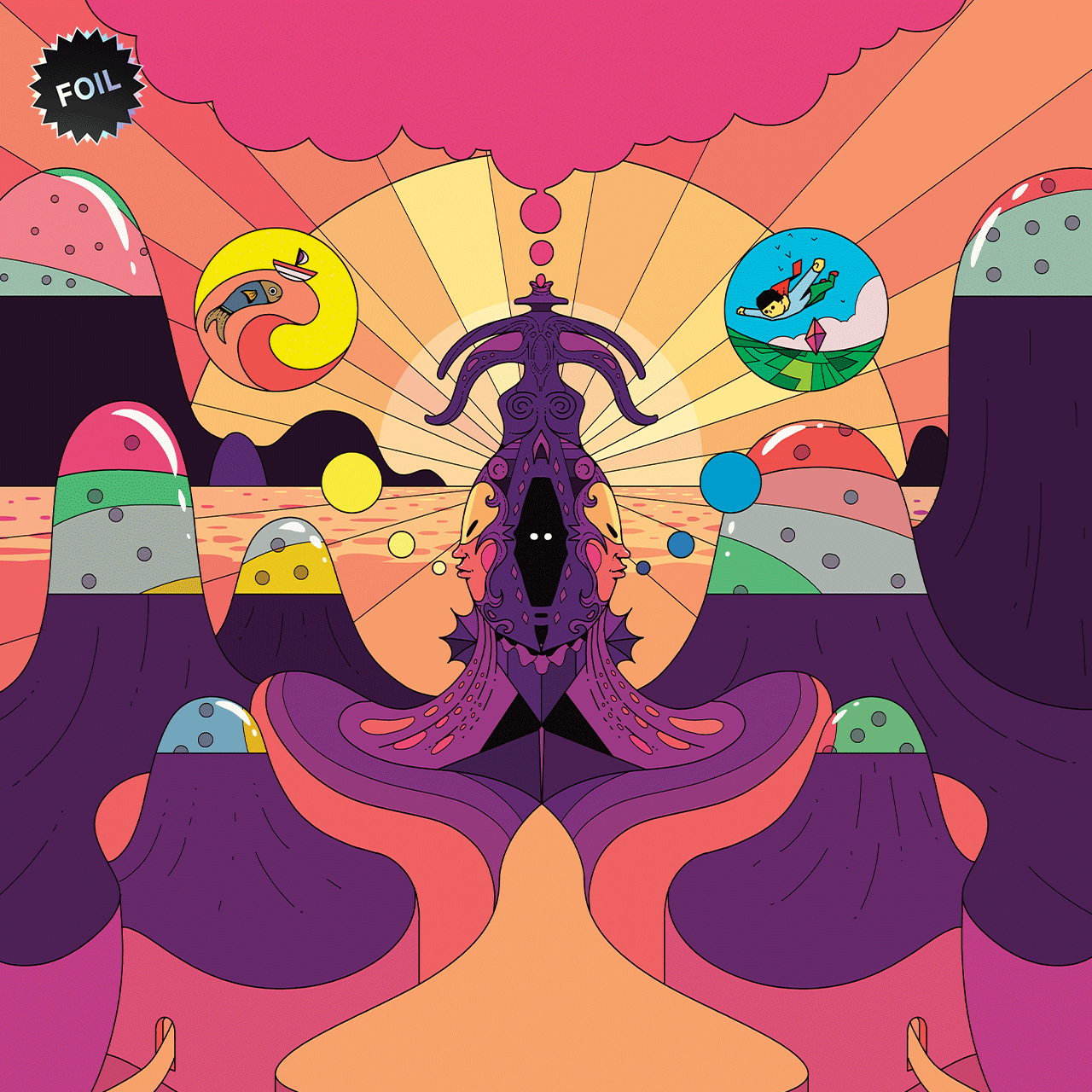The Meaning of Life

Note: This is post 3 of 7 in this week's publishing goal.
I often find myself grappling with the concept of meaning. I seek solace in the narratives I weave to make sense of my experiences, and when I observe others, I find these stories provide a framework for our pains and pleasures, giving context to the seemingly chaotic sequence of events that unfold in our lives.
Yet, when I step back and truly immerse myself in the present, I realize that the question of meaning fades away. Perhaps my preoccupation with life's meaning is merely a psychological problem masquerading as a philosophical one.
Consider, for instance, the moments in life when we are wholly absorbed in an activity or a conversation. Our minds are not wandering, but rather, we are entirely present and engaged with the task at hand. In these moments, the question of meaning seems irrelevant. It is only when we step back from the present, shifting our focus to the larger picture, that we grapple with the concept of meaning once more.
Throughout history, various cultures have developed their own myths and legends, providing a framework to explain the world around them and offering comfort and guidance to countless generations. From Greek mythology to religious parables, our ancestors have always sought a narrative to give their lives purpose and direction. These narratives continue to shape our worldviews today, as we draw on their wisdom in our own search for meaning.
Take, for example, the story of the hero's journey, a recurring theme in literature, film, and art. This narrative structure, in which the protagonist embarks on a transformative quest, resonates deeply with our innate desire for growth and self-discovery.
We often find solace in these stories, as they mirror our own struggles and triumphs in life. By identifying with the hero, we can make sense of our own experiences and find the courage to persevere in the face of adversity.
However, while these stories offer valuable insights, they can also be limiting. By adhering to a predetermined narrative, we may inadvertently impose expectations on ourselves and others, potentially stifling our growth and creativity.
Our preoccupation with finding a sense of purpose can obscure the beauty and wonder of the present moment.
While the stories we tell ourselves can offer comfort and guidance, it is important to remember that by learning to embrace the present moment, we can free ourselves from the constraints of our narratives and experience the world with more freedom.
Ultimately, the quest for meaning may be less about finding answers and more about learning to live with the questions. As we journey through life, perhaps the greatest challenge is to find a balance between the stories we tell ourselves and the ever-unfolding moment in front of us right now.
